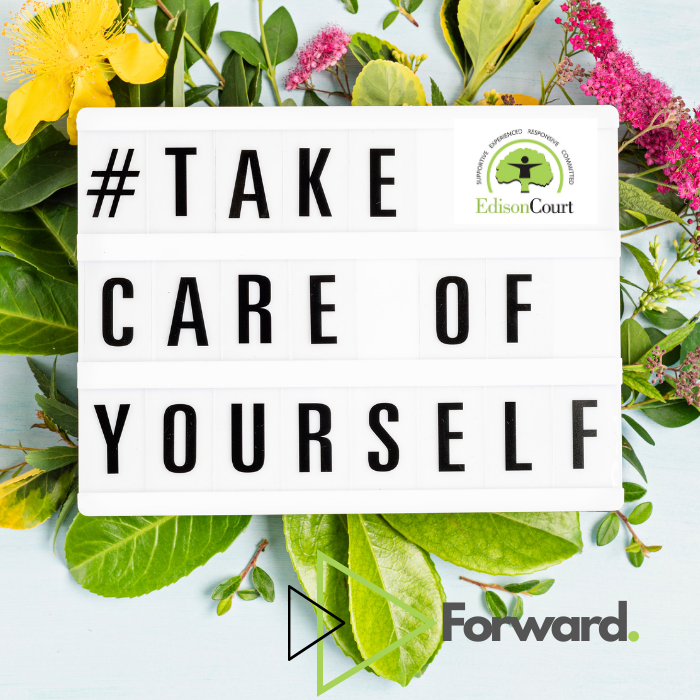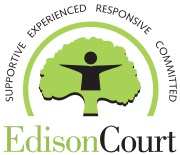
For many 2020 was a difficult year to say the least. It was a year marked by political upheaval, economic misery, a contentious national election, and a deadly global pandemic. Just when we thought it couldn’t get worse, 2021 started off with riots in our capital. As I reflect on 2020 and think about the year ahead I sometimes remind myself that this is all happening in the United States of America but then I am struck by how unfair it seems to think of myself as having suffered during the past year when so many others around the world and even in our own country have experienced so much worse. Taking it a step further, so many of the youth we work with and even some on our teams have experienced un-speakable trauma. Ironically, I am reminded that this “others have is worse” thinking actually facilitates secondary trauma that many in our field experience.
The simple fact is that this work has a cumulative effect; a kind of second-hand smoke of the soul. A major problem is that professionals rarely talk openly about the effect that this work has on us. If we’re honest, all too often we can resort to our own bad habits related to anything from poor nutritional choices to what leadership guru John C. Maxwell has called the “3 A’s” of alcohol, arrogance, and adultery. Many a good career has gone bad not because of a specific incident, but because of the slow build-up of doing the work without an explicit regimen of self-care.
Another problem is that it is easy to grasp the idea of secondary traumatization when reading an article or blog post, but not so easy to recognize its role in our lives. It can be harder still to take action, establish a plan for deliberate self-care, and maintain it across time.
Adding to the confusion are all of the positive effects of doing this work. Like many others, I’ve become a better citizen, neighbor, grandfather, partner, and man as a result of working in the fields of trauma and abuse; it’s difficult to imagine doing anything else. Yet I am quite certain I couldn’t keep going if it weren’t for an explicit focus on daily exercise, spiritual work, and meditation. Yes, these aren’t for everyone; for others, it can be anything from artwork to cooking to bird watching to the right vacations.
There is a saying that seems fitting here: “If you don’t get a break from working on the farm, you’ll start to smell like the barn.” A simple way of saying that we can easily become influenced – and not in a good way – by the settings in which we work. In the spirit of camaraderie “Don’t you start smelling like the barn.”
In the end, those of us who are in this work for the long haul should remember three things about secondary trauma:
- The effects of secondary trauma are almost certainly inevitable. No one is beyond its reach
- The effects of secondary trauma are different for everyone.
- Everything you need to grow beyond secondary trauma and prevent its effects already exists within you.
Most importantly, self-awareness and self-observation, combined with the right intention, and right action, can accomplish wonders. If 2020 has taught us anything it’s the people in our lives that matter. So, start this new year focusing on the important people in your life-beginning with you.!

Add new comment